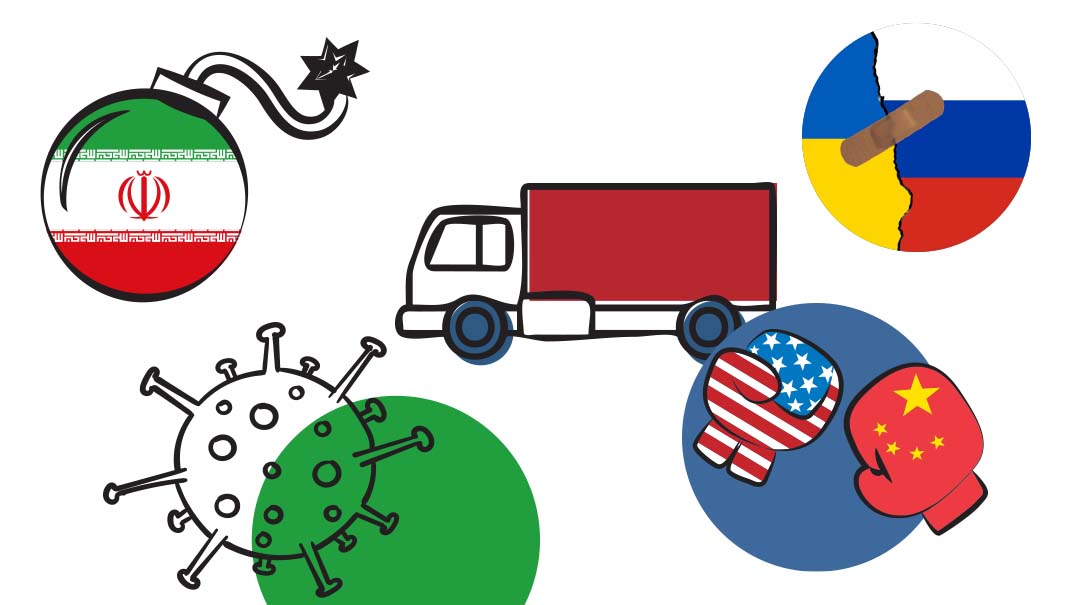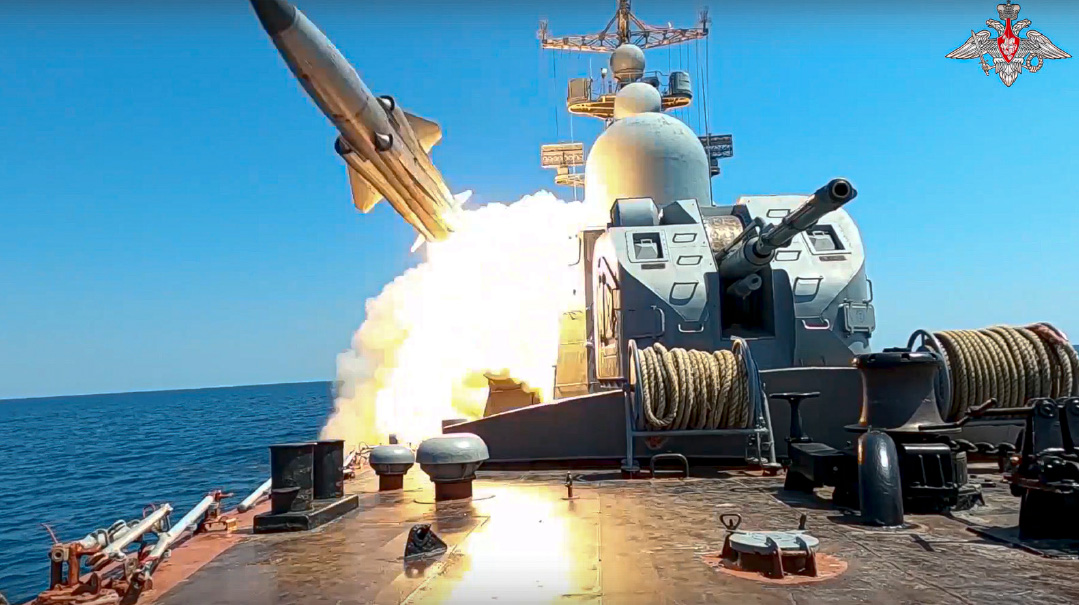Will 2022 Be Better? Or Will It Be 2020 2.0?

2022 in 5 conflicts

The year 2022 is opening on a more somber note than 2021 did; it seems we’re going to have to learn to live with Covid, and the fallout from the pandemic will continue to drive supply chain problems and labor shortages. The new year will bring foreign policy challenges as well, from the Vienna talks with Iran for a new nuclear deal to Putin’s threat to Ukraine and the nascent cold war between China and the United States, which threatens to exacerbate the world’s economic problems. So what can we expect in the coming year?
Cold War 2.0
The United States may have been slow to wake up to the Chinese threat, but today it’s one of the few issues that unites Democrats and Republicans. If anything, the current cold war, first diagnosed by the Chinese foreign minister in May 2020, may have more far-reaching effects than the one with the Soviet Union. The hot-button issue these days is Beijing’s heavy-handed regulation of Chinese companies listed in the US. Some in Congress want to respond by restricting American investment in Chinese companies. But steps like this usually have unforeseen consequences. Here’s hoping that in their battle for geopolitical dominance, the two countries don’t end up crashing the world economy.
Iranian Nukes
The ayatollahs are playing for time, that’s obvious by now. As the negotiators in Vienna haggle over bringing back cameras and allowing in inspectors, the centrifuges spin faster than ever. Iran is now weeks away from a bomb, and even if it were to cease work today, it already has the practical expertise to step right up to the nuclear threshold. Given Iran’s conduct until now, Israel faces two possible scenarios in 2022:
- A deal is reached — will Israel abide by it?
- America goes to “Plan B,” whatever that may be — but will it go far enough to satisfy Israel’s existential concerns?
Russia and Ukraine
The US State Department is ringing alarm bells over a Russian invasion of Ukraine it believes may materialize within weeks. Putin and Biden have spoken twice over the past two weeks, with Biden warning that an invasion of Ukraine would be met with sanctions on a scale never seen before, as well as increased spending on NATO. Putin countered that Russia would sever its ties with the United States. This challenge makes the tensions with China and Iran look slow-burning, and holds the potential for an even more serious fiasco for Biden than Afghanistan.
Inflation
In the US, 2021 saw inflation rise to 6%. Everything cost more: meat, oil, clothes, delivery costs. And a labor shortage drove up wages; Amazon was forced to offer drivers up to $20 an hour.
The Fed’s challenge for 2022 will be to end the year with 2% inflation, which it hopes to achieve with three successive interest rate hikes. But what will happen if growth stalls? Will the Fed raise rates anyway, and bring an end to the low interest era of the American economy? The Fed is also expected to stop its aggressive purchase of government bonds this year, which could throw another wrench in the works.
Broken Supply Chain
The whole world is suffering from the breakage of the supply chain. The problems are exemplified by the computer chip shortage; car production is declining, computers are becoming scarcer, and waiting times are endless. Sadly, this crisis is expected to last through 2022 and follow us into 2023. The only consolation is that waiting times are expected to improve by the end of the year.
The problem with resolving the supply chain crisis is that it isn’t a switch that can be flipped on and off at will. Production requires raw materials, which have to be shipped in containers over the seas. Because all this takes time, a sudden surge in the demand for one particular commodity could lead to shortages in the related products. And of course, in the meantime, the world is still struggling to get past Covid. Things will get better — we’re highly unlikely to see brawls over toilet paper at the supermarket again — but things are far from smooth.
(Originally featured in Mishpacha, Issue 893)
Oops! We could not locate your form.







